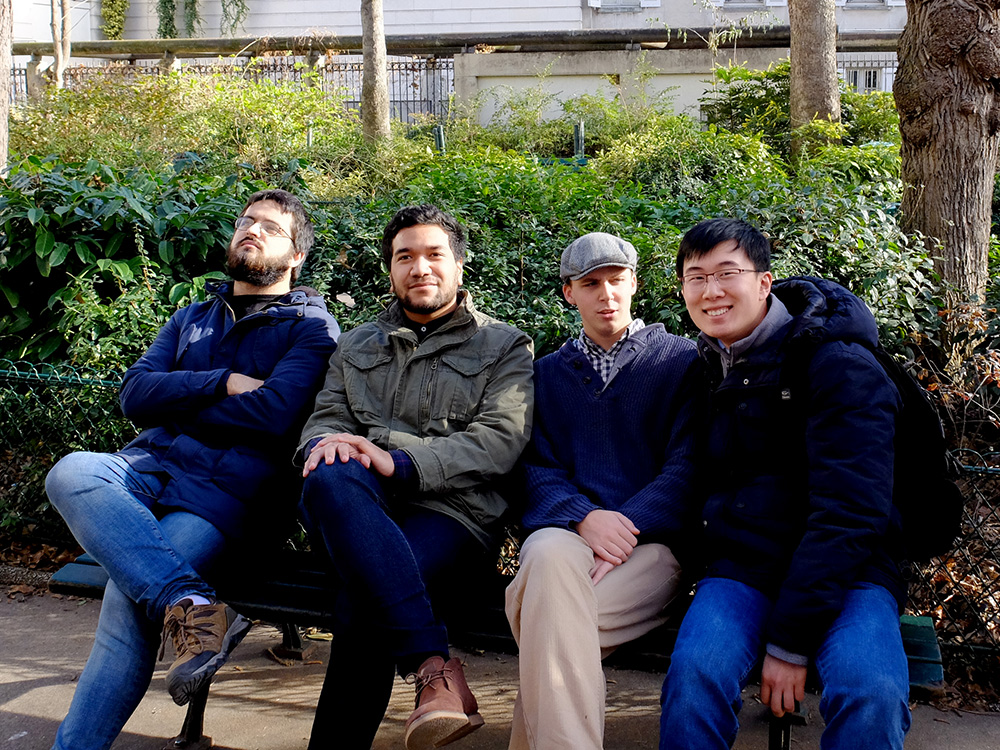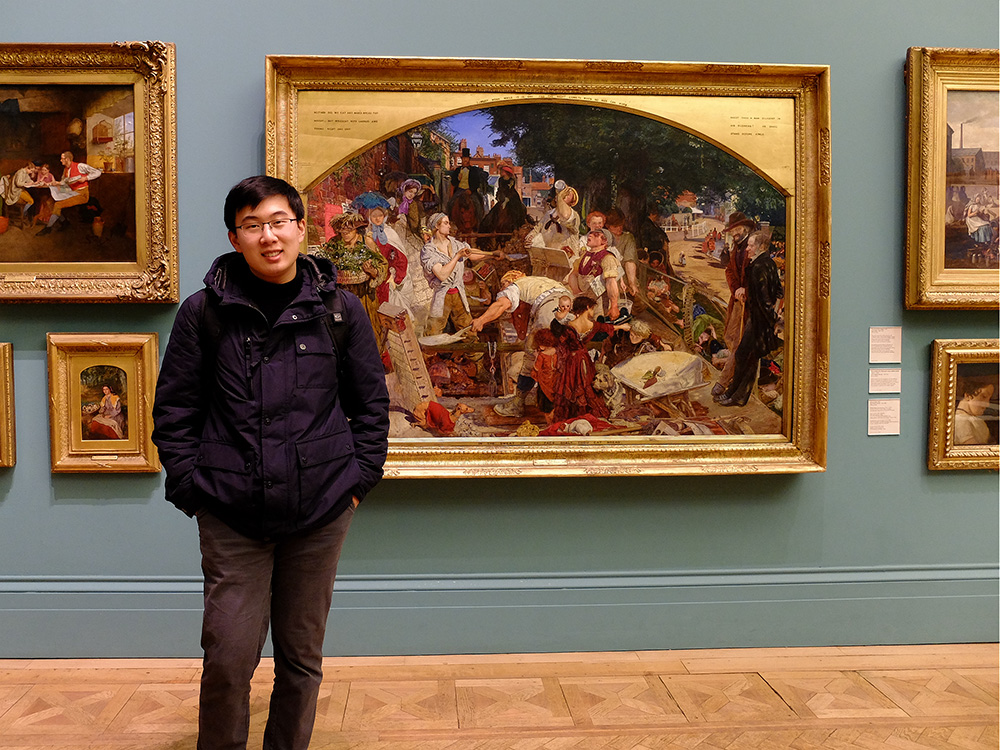Before I came to University of Kent, I heard two versions of explanations about the British academic system. Kent students at IU told me that college life is much more relaxing in Britain, especially for students in the subjects of Humanities—there’s no homework on a daily basis, but just one or two papers at the end of terms. There’s more time to do non-school work and to socialize. However, my academic advisor told me that students studying abroad in Britain usually get lower grades. He suggested that I should spend more time on school work and study harder if I want to maintain a good GPA. After spending two months at U of Kent and getting more used to the academic environment, I realized that both my friends and my advisor were quite correct. The British university system is not simply easier or harder than universities in the U.S. They have different teaching and learning concepts.
As Humanities students in Britain, we are expected to study on our own and the American concept of “homework” is not an element of university-level education. Still, there is coursework, assignments, and essays in our modules (courses). The amount depends on the professor’s preference, but they are not assigned as frequently as in American universities. For instance, as a History and Political Science student, I have five three-thousand-word essays for my three modules and three exams in the summer term. There’s nothing to turn in on a daily or weekly basis. There are reading lists and suggested materials; some of them are required/core readings, and some are suggested readings. The stage of modules decides the amount of reading and the amount of work. I get a reading list of forty pages on my stage-six module, but far less on my stage-four module.
There’s not only less homework, but also fewer lectures. Instead of having two lectures per course like in IU, I have one lecture and one seminar per module at U of Kent, and that make me only have class on Monday, Tuesday, and Thursday. The lectures at the University are always recorded and students can re-watch the lecture online. Lecture attendance is not required, but seminar attendance is counted as a part of participation grade. There are pros and cons of the British education system, just like any other. The vast amount of free time gives students the opportunity to participate in social events and to do non-academic activities. The light amount of homework and oversight helps students to build self-responsibility and make them feel trusted. However, the lack of pressure can also cause time mismanagement, and many students might end up doing nothing. The balance between freedom and learning efficiency is truly a dilemma in British universities: should university students—who are eighteen-years old (or above) and able to purchase alcohol and tobacco, to vote and to marry—have the freedom to be in charge of their time in university? I don’t really know the answer…
I tried and I am still trying my very best to not waste the free time I get in Britain. I try to use the free time to travel and see as much as I can because I know my time at here is reaching its end soon. I made many friends through the Catholic Society (Cathsoc) at the University. We traveled to Paris and Oxford in the past months and had great times together. I had the most wonderful and memorable experiences in Paris—where we lived in the guesthouse of the Sacred Heart Basilica of Montmartre provided by the Benedictine Sisters and shared their lifestyle and devotion.




